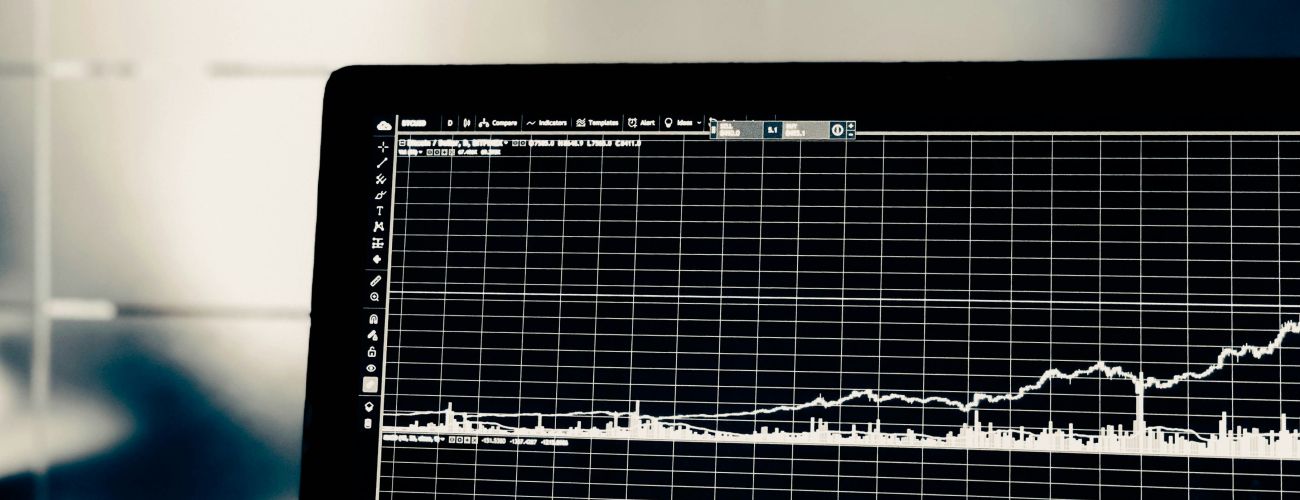What happened last week?
Global
- The US president delayed additional tariffs by 90 days, granting grace to countries that hadn’t retaliated (hard luck, China).
- Tariff rates between the US and China increased sharply, as both countries one-upped each other.
- The US dollar dropped 4% against the euro and 5.5% versus the Swiss franc, as the tariff turmoil seems to have undermined the greenback’s safe-haven status.
US
- American bonds were sold at speed – and because the knock-on effects could’ve caused a financial crisis, this selloff was likely a key reason behind the US president’s tariff pause.
- US inflation fell in March for the second straight month to a lower-than-anticipated 2.4%.
Europe
- Germany’s economy – the bloc’s biggest – is expected to move slower than previously expected.
Why It Matters
The US president announced a 90-day delay on additional tariffs on Wednesday, applying to countries that were willing to negotiate rather than retaliate. Despite a 10% blanket levy on most international imports staying in place, the about-face put stocks on a tear, with the Nasdaq experiencing its best day since 2001.
China wasn’t spared from US levies. Quite the opposite: the world’s biggest trade relationship became increasingly fraught as the pair played tit-for-tat… for tit, for tat, and so on. US levies on Chinese goods stood at 145% on Friday, with China’s retaliation taking fees on American stuff to 125%.
Bond yields – the returns they hand investors, which move in the opposite direction to their prices – ramped up quickly this week, indicating a mass exodus by investors. That’s odd: the US dollar and bonds would usually see more attention during a financial crisis. Their status as a “safe haven” may be on the line. But that’s not everything at stake: rising bond yields increase the cost of borrowing for individuals, corporations, and the US government, so they could start a dangerous chain reaction in the financial system.
That risk may be why the US president paused tariffs. Still the bond market has virtually ignored that move. 10-year yields rose to their highest level since February, with investors’ exits pushing the bonds toward their worst weekly loss since 2019.
US inflation slowed down for the second month in a row, landing at 2.4% in March versus the 2.6% predicted. Even core inflation, which strips out the volatile food and energy prices, came in at a lower-than-expected 2.8%. That’s the smallest increase since March 2021. Although, it probably won’t last: tariffs are still expected to increase costs for everyday Americans in the coming months.
Germany’s economy is now only expected to increase by 0.1% this year, down from the 0.8% predicted in September. American trade policies and the resulting tensions are exacerbating the already dicey financial situation in Europe’s biggest economy, according to the country’s leading economic research institute. If the tariff pause expires without a better resolution for the bloc, Germany’s forecast could be pushed even further down.
The Focus This Week: Hear The Bellwethers Ring
Blackstone, Bank of America, and Netflix report earnings this week.
They’re all bellwether firms, meaning their performance can indicate the fortunes of entire sectors. Analysts expect the S&P 500 companies to have grown their profit by 7% more last quarter than the same time the year before– but it seems inevitable that the pace will slow for the next few. Remember, while additional reciprocal tariffs have been delayed for 90 days, the 10% blanket tariff is stuck – and that will still weigh on companies’ profits.
Blackstone’s results will be especially interesting. The firm employs nearly 700,000 employees worldwide and holds a portfolio of some 250 companies. That means it’ll likely have felt the initial impact of actual tariffs and uncertainty around future ones, providing an early indication of how the taxes will impact businesses. After all, companies need clarity around regulation and costs to make informed investment decisions. If they hold off due to uncertainty, the lack of investment would wear down corporate profit and the economy.
There’s important economic data coming out, too. US retail sales will indicate the state of broader consumer spending, which accounts for nearly 70% of the US economy. The S&P 500 index started to fall in mid-February, and those lower stock prices could have scared Americans away from spending – that would show the “wealth effect reversal” in action.
Plus, the European Central Bank is expected to trim interest rates next week. That would be the seventh cut since last June, forecast to pitch them at 2.25%.


The Week Ahead
- Monday: Not much. Watch Temptation Island instead.
- Tuesday: UK labor market (March), China economic growth (first quarter), China retail sales (March). Earnings: Bank of America, Citigroup, Johnson & Johnson.
- Wednesday: UK inflation (March), UK producer price index (March), US retail sales (March), US industrial production (March). Earnings: Abbott Laboratories.
- Thursday: ECB interest rate decision, Japan inflation (March). Earnings: American Express, Blackstone, TSMC, Netflix.
- Friday: A public holiday in many countries. Enjoy your chocolate eggs.
This document is provided to you for your information and discussion purposes only. It is not a solicitation for business or an offer to buy or sell any security or other financial instrument. Any information including facts, opinions, or quotations, may be condensed or summarised and are expressed as of the date of writing. The information may change without notice and Trusted Novus Bank (“TNB”) is under no obligation to ensure that such updates are brought to your attention. Past performance is not a guide to future performance.
This document has been prepared by TNB from sources TNB believes to be reliable but TNB does not guarantee its accuracy or completeness and does not accept liability for any loss arising from its use. TNB reserves the right to remedy any errors that may be present in this document.
Trusted Novus is registered in Gibraltar under number 3207. Its registered address and principal place of business is: Trusted Novus Bank Limited, 76 Main Street, Gibraltar GX11 1AA. It is regulated by the Gibraltar Financial Services Commission (Permission Number 3207) to provide Banking and Investment Services. TNB is a member of the Gibraltar Deposit Guarantee Board (www.gdgb.gi) and the Gibraltar Investor Compensation Scheme (www.gics.gi).
